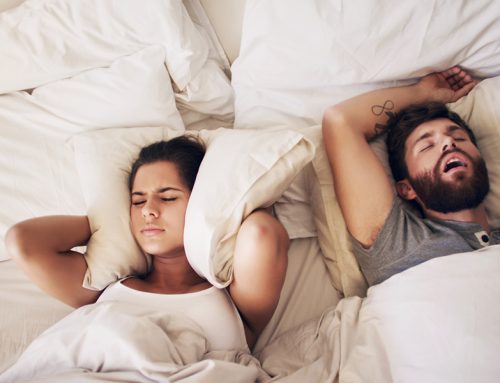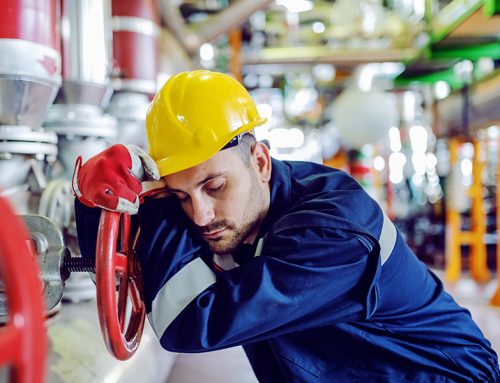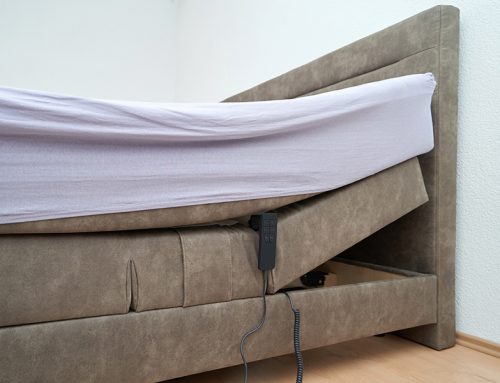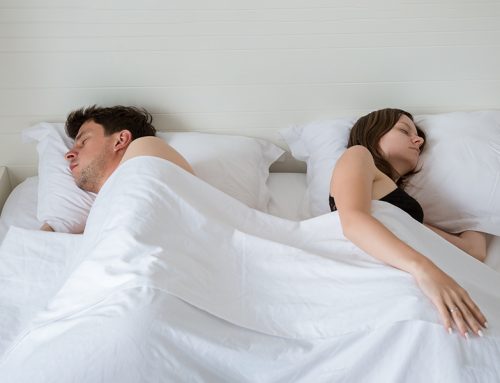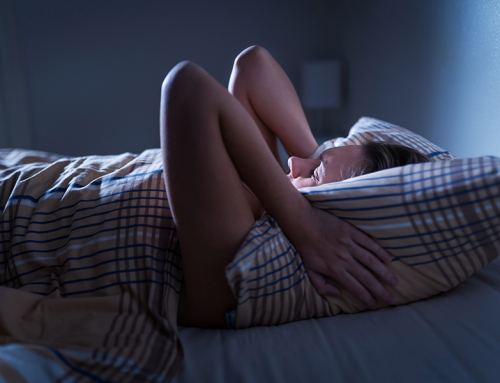Alarm clocks have been around for over 2000 years! This means that strictly speaking, there wasn’t too much of a ‘before’ when it comes to how people lived before alarm clocks.
However, the mass-produced, bedside alarm only became truly widespread in the nineteenth century, with the invention of the ‘tin can’ clock, not long after the standardization of time itself. This leads us to the question: what did people do when they needed to wake up at a certain time?
Here are a few popular answers from reliable sources…
Why do some people need alarm clocks, and others don’t?
The circadian rhythm is an internal mechanism that responds to our innate body clock. It regulates hormones such as melatonin, which help us to feel sleepy when it gets dark and fully awake as the sun rises in the morning. Through a combination of genetic disposition, good sleep hygiene, and a consistent routine, some people develop finely tuned circadian rhythms, which neatly fit with their ideal wake up time.
Often, these people have what sleep scientists call an advanced sleep period. That means that they tend to get tired earlier, and also find it easier to wake up earlier. For those towards the opposite end on the chronotype spectrum, waking up with or before the alarm is just naturally more difficult.
If you are a night owl that wants to ditch the alarm clock, don’t give up. While you might not be predisposed to waking earlier, it’s certainly possible to alter your circadian rhythms with the help of some strict habits, and perhaps some blackout blinds. For some inspiration, try reading about people who have excellent control over their subconscious clock, such as those in this Guardian newspaper thread.

